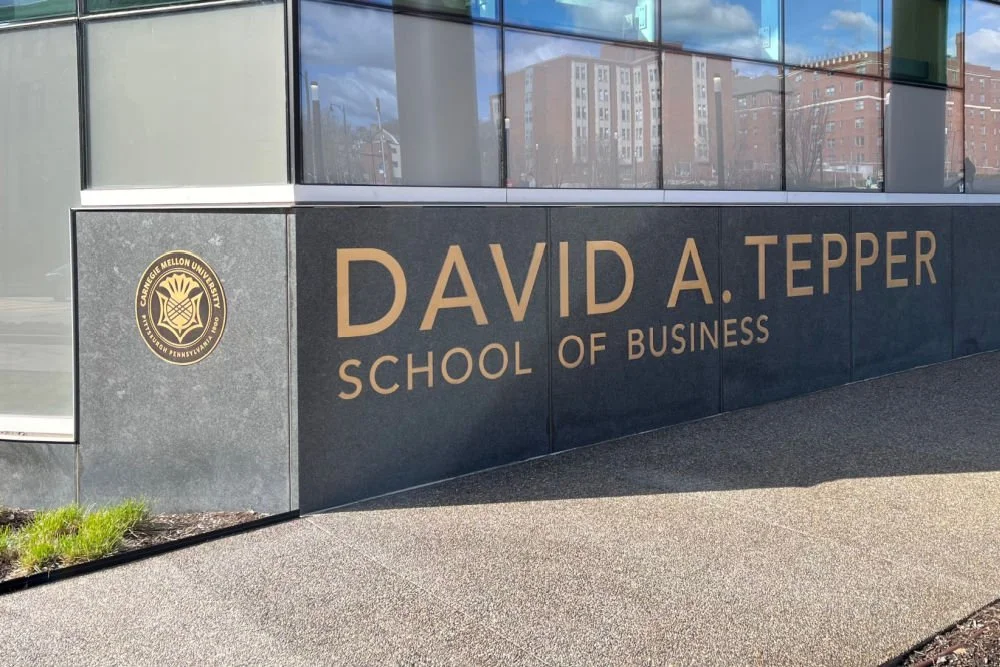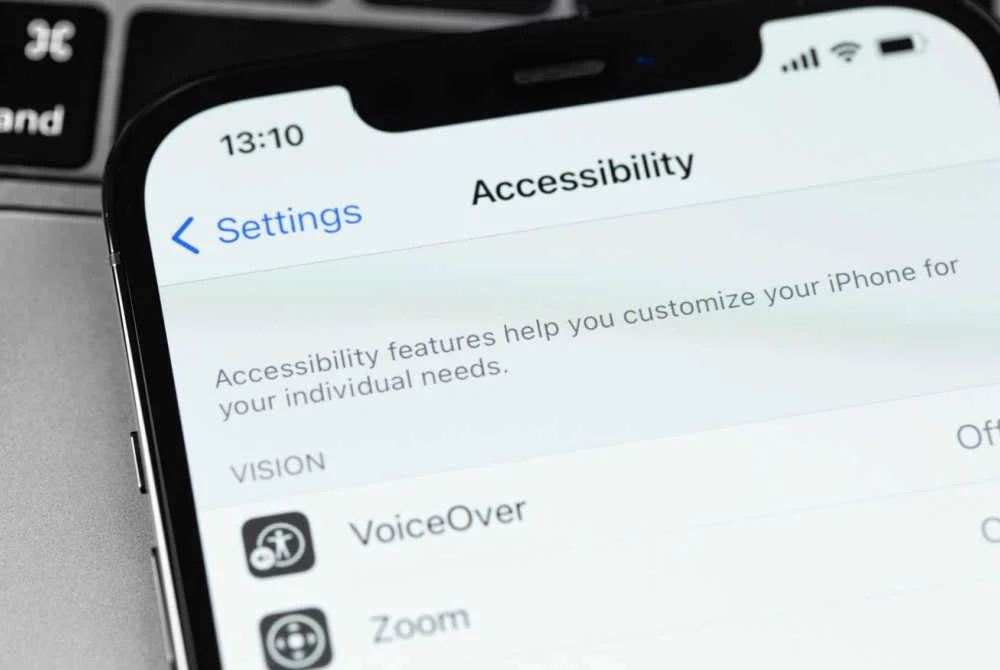Another Corporate Push to Upskill Workers—And the Usual Reasons to be Cynical
/A lab technician. photo: Nestor Rizhniak/shutterstock
One of the most pronounced trends in corporate philanthropy over the past several years is the swing toward workforce development. It makes sense. With the economy humming along, there are persistent reports that employers are struggling to find enough workers with certain kinds of skills. And despite lots of talk about automation, many experts predict future labor shortages in various parts of the economy—like the healthcare and STEM sectors. Why wouldn’t some of the nation’s largest employers engage in giving that simultaneously aims to lift people out of poverty and grow the nation's pool of skilled workers? From big banks to big retail to big tech, major firms are using philanthropic dollars to back workforce development.
And now, two of the biggest are teaming up.
In a joint message last month, Jacquelline Fuller of Google.org and Kathleen McLaughlin of the Walmart Foundation wrote, “This is a time of enormous change for our economy and we need to better prepare American workers—from students to seniors—to find work and advance their careers.”
They’re correct: The nature of American work is undergoing upheavals wrought by technological changes, globalization, demographic shifts and other factors. Over the past several years, Google and Walmart have oriented a lot of giving around that challenge. In particular, both have supported efforts to “reskill” or “upskill” workers for positions that offer greater pay, stability, and opportunities for advancement.
This latest initiative, which the two firms are funding with a total of $5 million, involves three related components. The first is a partnership between the Drucker Institute and the city of South Bend, Indiana, to pilot a lifelong learning project to help disadvantaged residents acquire new skills. The second involves support for Opportunity @ Work, which will build a hiring platform focused on the demonstration of skills rather than “pedigree.” Finally, the companies will also back MIT’s Inclusive Innovation Challenge, an international competition designed to boost entrepreneurial solutions that make the “future of work” more equitable.
The projects build on previous giving by the two companies for workforce development. Google has already supported online hiring platforms as well as the Inclusive Innovation Challenge, and its overall philanthropic game plan heavily emphasizes the future of work. The Walmart Foundation is also very focused on work and economic development, embracing a more sophisticated, strategic philanthropy that emphasizes leveraging its assets—including its status as the nation’s largest employer. JPMorgan Chase is another example of a major corporate funder that’s getting more strategic, especially around workforce development.
Related:
- Inclusion or Illusion? A Look At Google's $1 Billion Philanthropic Game Plan
- The Walmart Foundation Is a Perfect Example of How Corporate Philanthropy is Changing
- What Can a Big Silicon Valley Funder Do to Shape the "Future of Work?"
- Turnaround Job: A Foundation Backs Inclusive Innovation in a "Transitioning" Region
It's a good thing that the nation’s leading firms and largest employers are using their philanthropic arms to engage with the rapidly shifting future of American employment. As Fuller and McLaughlin write, "Research has shown that up to one-third of Americans may need to develop new skills to work in different types of jobs by 2030. A fast-changing economy means we need new ways of building new skills and translating existing skills to different types of meaningful work." They also say these projects can serve as models or launching points for strategies to achieve greater scaled impact.
But as promising as upskilling and reskilling workers sounds, bear in mind what Google and Walmart are leaving out. Namely, that many of the jobs the U.S. economy produces are low-skilled jobs that offer low pay and little in the way of benefits. Half of U.S. jobs pay under $18 an hour, and a third of workers lack access to a pension plan. And while it's true that many of tomorrow's jobs will require specialized skills, projections also show that the U.S. economy will continue to produce huge numbers of low-skilled jobs. A report a few years ago, for example, found that "Six out of the 10 largest occupations with median wages less than $15 also rank among the occupations projected to add the most jobs in coming years."
What's more, low-paying jobs in the U.S. are offered by some of the very same companies funding workforce development. Walmart is a case in point. Depending upon which numbers you use, the average pay at Walmart—the nation's largest private employer—is between $11 and $13 an hour. That's not enough money to afford a one-bedroom nearly anywhere in the United States, and explains why so many Walmart workers are on public assistance. Meanwhile, Walmart made $124 billion in profit last year. Another top workforce funder, JPMorgan Chase, made $24 billion in profit last year even as its bank tellers make around $27,000 a year—which is not enough money to afford an apartment in the places where most of the bank's employees work.
Given these realities, it's easy to be cynical about corporate giving for workforce development. More broadly, as we've so often noted, to get at the root of economic inequality in America, funders need to prioritize policy advocacy that tackles the problem in a structural way.
To their credit, Fuller and McLaughlin do allude to policy in their joint message: “As companies like ours help enable social innovators to try new things and see what works, we hope to see more philanthropic collaboration, along with effort from policy makers to scale proven programs.”
Realistically, though, there's a lot of ideas for creating a fairer economy that corporate funders won't get behind—or will actively fight—because they run counter to their bottom line.
To be sure, upskilling efforts do have the potential to help some workers move up the economic ladder and so it's always good to see new funding and initiatives in this space. It's just important to understand the broader context of these efforts.
Related: Systemic Failure: Four Reasons Philanthropy Keeps Losing the Battle Against Inequality







































